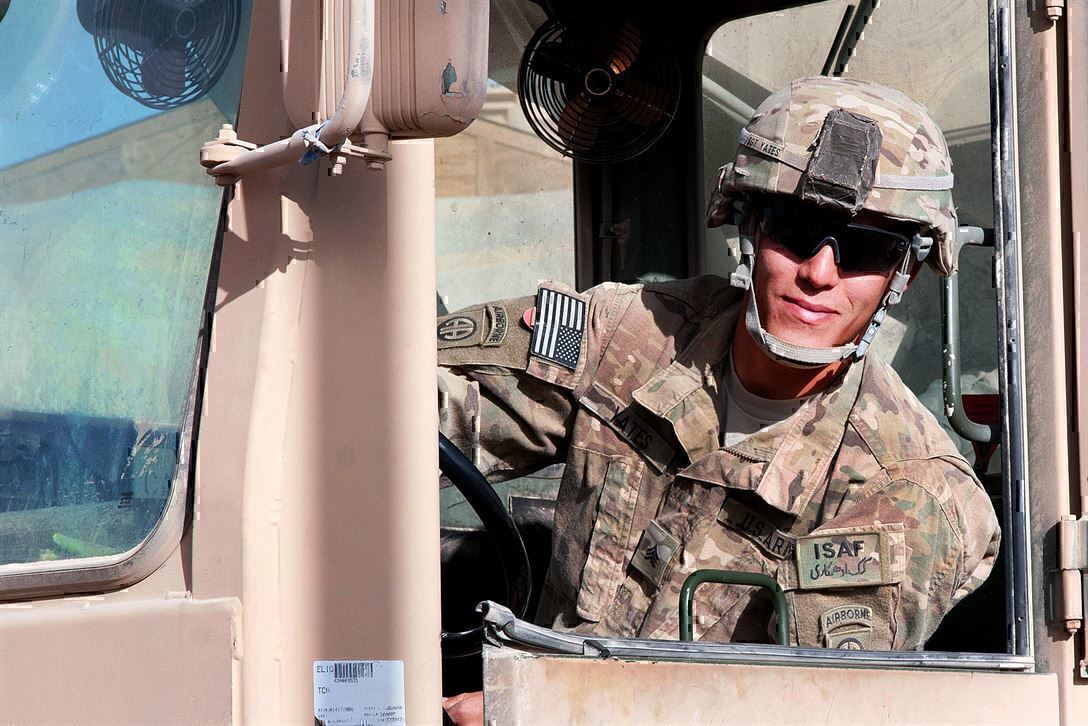What is it that defines a core value? Core values are those traits or virtues that represent an individual’s (or organization’s) utmost priorities. They are intrinsic, deep beliefs that sit at the core and drive forward a person’s nature. These values are one of the major reasons employers want to hire veterans into their workforce.
For the recruiters or hiring managers who don’t understand veteran resumes at a glance, you need to be able to articulate these values during an interview. Companies want to hire veterans because of the traits they bring to the table, not because they “fired eight rounds on target.” Communicating how you have embodied those traits in your career is truly the way to draw in the client and ensure they have a deeper understanding of the subjective skill sets.
As a reminder, the core values of the military branches:
- The Air Force: Integrity first, Service before self and Excellence in all we do
- The Navy and Marine Corps: Honor, Courage and Commitment
- The Army: Loyalty, Duty, Respect, Selfless Service, Honor, Integrity, and Personal Courage
- The Coast Guard: Honor, Respect and Devotion to Duty
But that being said, it is really the way you explain your values in your interview that will help you to emphasize what’s not written on the paper. Nowhere on your resume will it say “she was loyal to her company while respecting the team and providing honor day in and day out.”
The following are some terms you can utilize to help emphasize what you bring to the table:
1. Trust
This goes without saying that military members will typically watch each others’ backs. The amount of deceit among active/veterans is minimal and the ability to provide follow-through is nearly 100 percent. Emphasize your comradery in a team environment and why you were trusted in your roles.
2. Work Ethic
Regardless of the circumstances, you can have faith that a job/mission will be completed. If family situations arise or other obstacles are in a person’s path, you still know that the veteran will ensure the slack is picked up no matter the stressors placed on him or her. You don’t have to micromanage or cross-check their work. You can explain circumstances where you have had to continue to despite it being against the odds.
3. Attention to Detail
Even the smallest details of a task will be noticed. Whether you need an event planned, a document proofread, a financial plan scrutinized or vacation organized, you know that a military veteran will “cross their t’s and dot their i’s. Talk to them about large-scale projects you have scrutinized and how detailed you were to ensure proficiency. (Read: What Civilian Employers Expect From Veteran Hires)
4. Pay it Forward
A good deed does not go unnoticed in the veteran community. If you help someone or stick your neck on the line, it will circle back. Not because someone has to repay you, but because they want to. This is where you can talk about your integrity, or an instance where you have had to finish tasks for others to ensure the mission was completed.
5. High Standards
If you fall under a decent leader, it is more a feeling of respect that draws you to perform your best. Much like a son not wanting to disappoint his father, working for a good leader makes you want to be the best you can be. Letting your boss down will inflict more guilt on yourself than you would want to carry. Citing examples of performance traits out of respect to leadership in specific scenarios will show your willingness to follow orders and hold yourself to equally high standards.
6. Getting it Done
You just figure it out without hand-holding. Service members can be turned loose without much explanation. They have been equipped to get the job done with minimal resources, so any added guidelines are bonuses. Here is your chance to explain that you are that “fire and forget” weapon for your employer. You are the one who can be let loose on a task and not be asked twice if it is getting accomplished.
Point being, there is a reason that veterans look for companies that support military mentalities: they emphasize those core values that we have instilled in us; they just might need reminders of how they have been applicable in our work life. We want to find places that trust us, empower us and give us a sense of mission that makes us feel intelligent and challenged. But it is still our job to explain how we transfer those skills.






